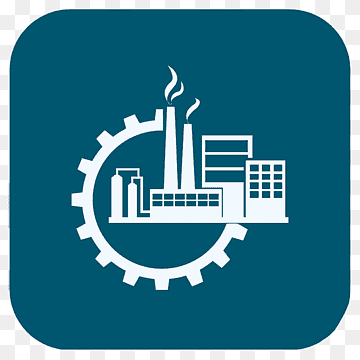Mechanical engineering is one of the most established and broadest fields of engineering. Graduates from this department can find a place for themselves in almost every industrial sector. Using basic physics, materials science and design principles, they can work in a wide variety of areas from machines to systems, from production processes to energy solutions.
Sectors
Automotive: R&D, production, testing, prototyping.
Energy: Renewable energy (solar, wind), thermal power plants, nuclear power plants, energy efficiency.
Defense Industry: Design and production of aircraft, missile, tank systems.
Manufacturing / Production: Automation, robotics, mass production lines.
HVAC (Heating, Ventilation, Air Conditioning): Building systems, industrial facilities.
Biomedical: Medical device design, prosthetics.
Aviation and Space: Design and maintenance of aircraft, satellites, rockets.
Food and Agriculture: Food processing machinery, agricultural equipment.
Machine Manufacturing: General machinery and equipment production.
Positions
Design Engineer: New product/system design, CAD/CAM.
R&D Engineer: Research and development projects.
Production Engineer: Optimization of production processes, quality control.
Maintenance Engineer: Plant and machinery maintenance, fault detection.
Quality Control Engineer: Product/process quality standards.
Sales and Marketing Engineer: Sales and promotion of technical products.
Project Engineer: Project management, time and budget tracking.
System Engineer: Integration and optimization of complex systems.
Energy Engineer: Energy efficiency and management.
Skills
Analytical Thinking,
Problem Solving,
Creativity,
Teamwork,
Technical Knowledge (Thermodynamics, Strength, Fluid Mechanics etc.),
Mastery of CAD/CAM Software,
Innovation Ability.


